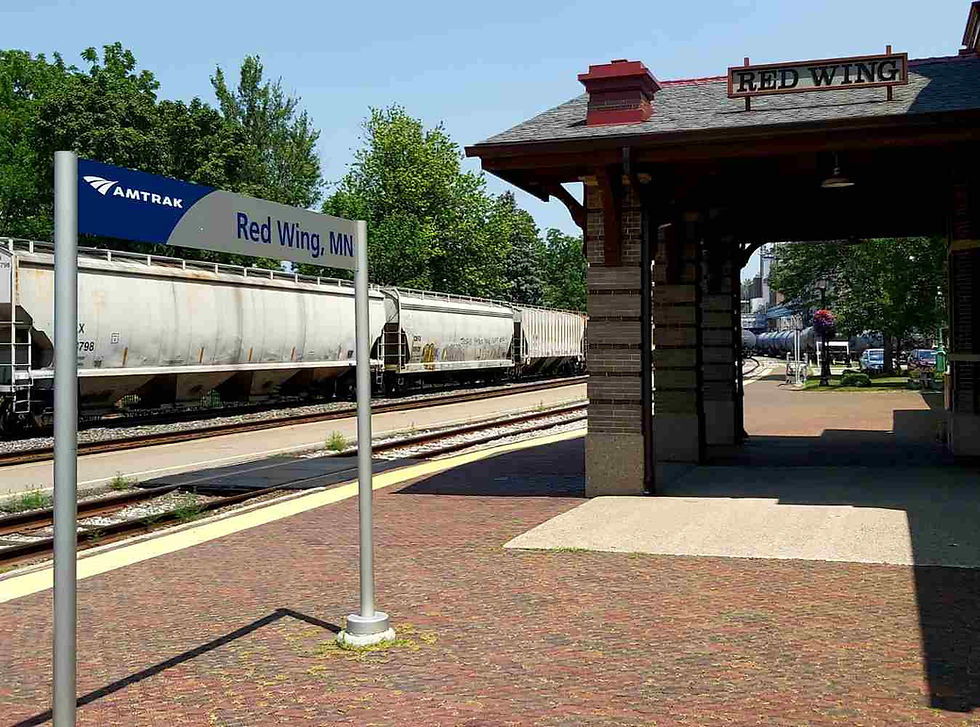Portugal: Bad Romance
- Matthew P G

- Aug 9, 2022
- 3 min read

Old house, Alfama, Lisbon. August 2016
[from FB post: August 6, 2016]
Loving a Place to Death
Judging from comments from the locals here, Lisbon is experiencing an unprecedented wave of tourism. Indeed, the old town is packed with people (90% tourists) and business is booming. It comes at a price for locals, however. Portugal is not a rich country and locals in the tourist zones now find themselves unable to park, unable to eat out (too expensive), and basically unable to get on with normal life. So? They are leaving.
It would be sad if the old city of Lisbon goes the same way as Venice, a modern Disneyland but devoid of local inhabitants.
As for me, this place in August is just pushed to the limit. Long queues even to buy a metro ticket if you are in the tourist zone. It is beautiful, but it is also a hassle to do anything. If I come again, it would be in the off season so I can relax and appreciate all this city has to offer.
The high price of success
As the world population increases, so does the number of tourists worldwide. With the internet, places become overnight sensations. One good photo gone viral can transport a small village from oblivion to tourist mecca. Oft-overlooked Lisbon finally got its day in the sun just before the pandemic hit. When I visited in peak tourist season of 2016 the whole downtown was stretched to the limit. It was one notch below "mobbed". What can a place do in such a situation?
My friend Adrian FVdR who lived in Notting Hill, London actually had to vacate his apartment during Carnival because it became impossible to live there as a resident. Given that he had a garden apartment with steps down to his place, he was greeted each year with garbage, piss, and shit to clean up upon his return. It was not an exaggeration - he had to physically leave his flat for a few days each year because of the event.
Dr Anna Vanzan of Venice, Italy - a woman I was honored to work with at NYU whose PhD dissertation I helped edit - had a similar experience. I had dinner at her home in Venice where she, her husband, and son were some of the few remaining residents of that magical city. In addition to having abandoned their first floor due "acqua alta" (the repeated flooding of the old city that is now a normal event), they also had a hard time living their daily lives. There were almost no more supermarkets and pharmacies in the old city. They had to take the train into Venice "mainland" to get everything. All the shopkeepers in the old city realized they made far more money selling tourist trinkets than food items. She predicted that soon Venice would no longer have any full-time residents. Death by tourism?
Places like Barcelona and Amsterdam were so flooded with tourists that they considered drastic plans to reduce their flow even if it meant a reduction in tourist income. The residents could not deal with the huge, seasonal increase in population. The Cinque Terra in Italy took extreme measures in season to limit the number of tourists. When I visited in the off-season it was mobbed. I could not even imagine what that place was like in August.
Then take a place like Lisbon, which has a long, illustrious history and is quite beautiful, but also is not the richest country in the EU. There were a lot of normal, working-class people, especially in the historic downtown, that now saw their city flooded with tourists in the high season each year. Restaurants they could afford have all closed. The pressure was on to sell their homes to foreigners who would turn them into second residences or air bnb's. The old part of Lisbon on the hill around the castle, Alfama, was particularly under pressure. On the plus side, this would lead to gentrification and the whole area would get a makeover and create a lot of new jobs. On the minus side, people who had lived there for generations would end up losing their homes. No silver bullet for Lisbon, nor for anywhere.
Finally, in the post-COVID world, where people are only beginning to travel again, what will happen to places that HAD become reliant on tourist income only to see it all dry up? Will things eventually build up to the problem point they were in the past? I think we never really learn from our mistakes.
We love places to death - death by a viral photo on the internet.... what a double-edged sword.



Comments